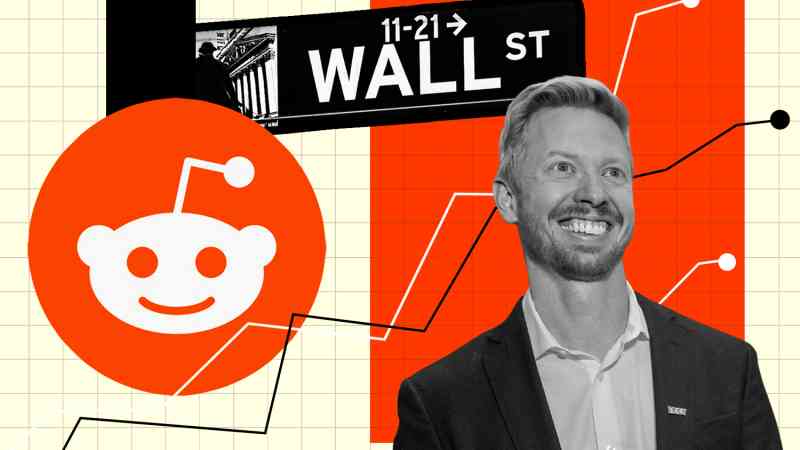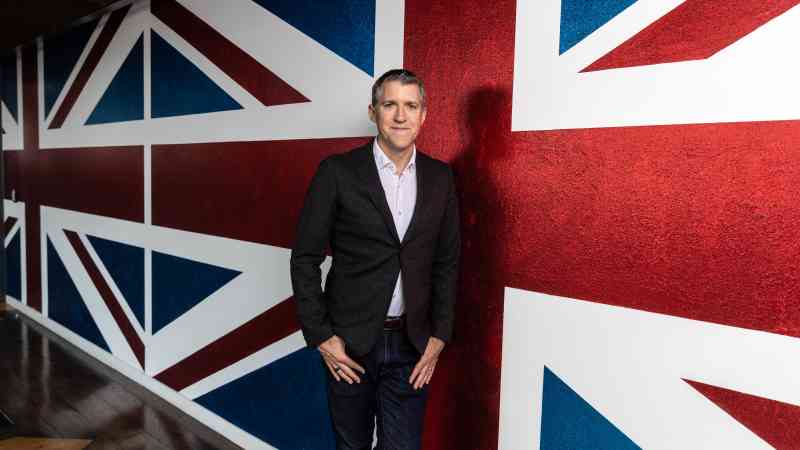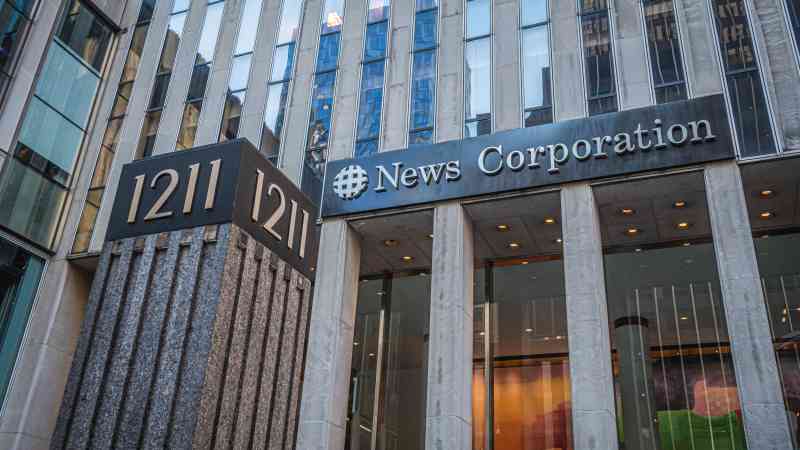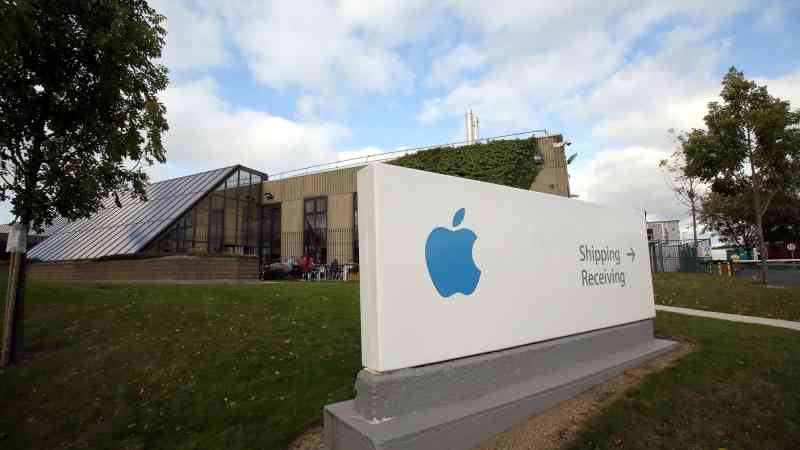From cesspit to stock market: the strange rebirth of Reddit
How do you put out a dumpster fire? Don’t call in professional firefighters; let volunteers show up with buckets and get to work.
This is, in essence, how Reddit, the 19-year-old social media site, turned itself from one of the darkest corners of the web into something of a model for how content moderation should be done. The San Francisco company rode that transformation, which relied on an army of volunteer monitors, all the way to Wall Street this month, when it pulled off one of the most anticipated tech offerings in years.
Its shares rocketed to $74 in its first days on the Nasdaq exchange after debuting at $34. The stock gave up some ground to just under $50 at Thursday’s pre-Easter close, valuing the company at $8 billion (£6.5 billion).
Reddit’s arrival on the public market marked a remarkable coming of age for a company that once revelled in its status as a free-for-all chock full of internet trolls and “not safe for work” posts. The latter included the infamous episode a decade ago when unauthorised nude photos were shared of celebrities including Rihanna and Jennifer Lawrence. The response of Reddit’s then chief executive was to leave up the offending material. In a post entitled “Every Man Is Responsible For His Own Soul”, he explained that the firm was not so much a website as a “government of a new type of community” — a community that happened to have a rabid belief in free expression.
Reddit ultimately took down the posts under immense pressure. Its transformation from haven of the unsavoury to a safe space for big brand advertisers, however, would be a very slow burn. The question now is, where does it go from here?
The firm last year lost $90 million on $804 million in sales, most of which is advertising. Steve Huffman, the chief executive and co-founder, wrote that despite being founded in 2005 — and building an accumulated loss of $716 million since then — “we are still in the early phases of growing this business.”
It is the type of unironic optimism, nearly two decades into a business, that could only emanate from Silicon Valley. And some on Wall Street have already placed bets that Reddit will quickly stumble. At least 7 per cent of the company’s stock has been “sold short” — a way to bet that the share price will fall — and this is an abnormally large ratio for a newly minted public company.
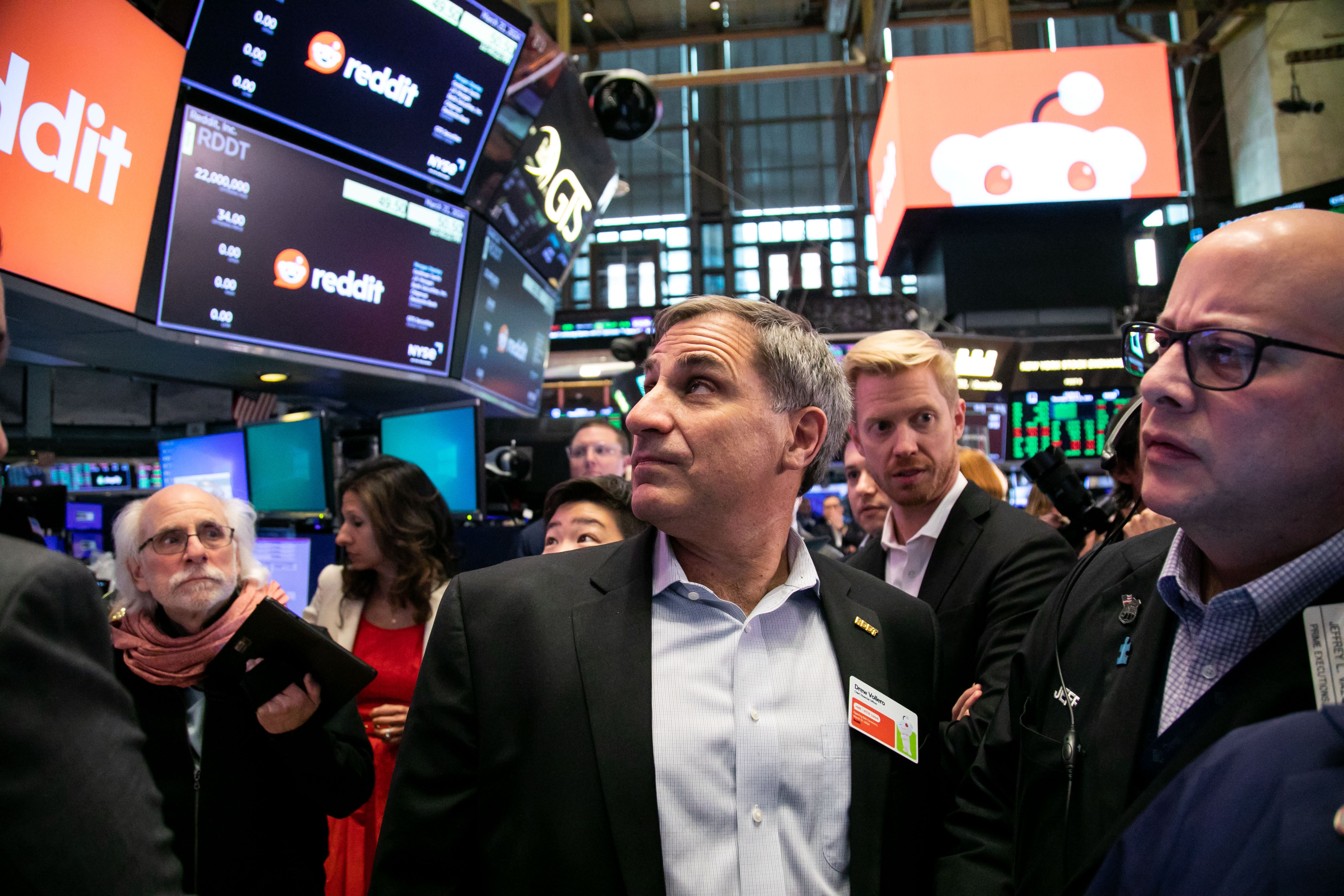
Reddit bills itself as a “community of communities”, where anyone can spin up a “subreddit” around a particular interest — from bass fishing to the royal family, from sports teams to reality shows such as Wife Swap. Started by Huffman and his university classmate Alexis Ohanian, the man today known as Mr Serena Williams, it was among the first companies to be financed by Y Combinator, the boot camp that went on to fund thousands of start-ups, including household names such as Airbnb and Twitch.
Paul Graham, the founder of Y Combinator, wrote recently that the twenty-something pair “had the look of slightly ruffled surprise that baby birds have”. Their first idea — using cell phones to order fast food — was terrible. “They’d have had to make deals with cell carriers and fast-food chains just to get it launched, so it was not going to happen. It still doesn’t exist, 19 years later,” said Graham. “But I was impressed with their brains and their energy.”
He guided them toward a different idea — a website that would list interesting links — and the very idea speaks volumes for the time in which it was conceived. Social media was just gaining momentum in 2005; Facebook was a one-year-old firm open only to university students, and the era of “user-generated content” — people shouting at each other, and sharing cat videos, baby pictures and conspiracy theories — was just getting off the ground. Graham said Huffman had “a vacuum-cleaner curiosity [that] is exactly what you want when you’re starting a site that’s a list of links to literally anything interesting”.
Reddit grew despite itself. Early on, it leaned into a no-holds-barred approach to speech; as long as it didn’t break the law, anything went. That policy lent the firm a unique vibrancy; it also attracted Nazis, misogynists and bullies. Huffman and Ohanian left and other executives came and went, most notably Ellen Pao, who became chief executive in 2014. She made waves by banning revenge porn and removing subreddits for harassment. A revolt sparked by the firing of a staff member with close ties to moderators forced her to resign, paving the way for Huffman’s return.
Reddit remains an unruly, sometimes uncomfortable corner of the web. But Huffman has threaded a needle in deciding how best to govern a cacophony of hundreds of millions of voices. Consider Meta: the firm has invested tens of billions of dollars in content moderation, and employs more than 30,000 people to police Facebook and Instagram. And yet Mark Zuckerberg was recently hauled before Congress to testify for the eighth time, on this occasion over Meta’s role in child sex trafficking.
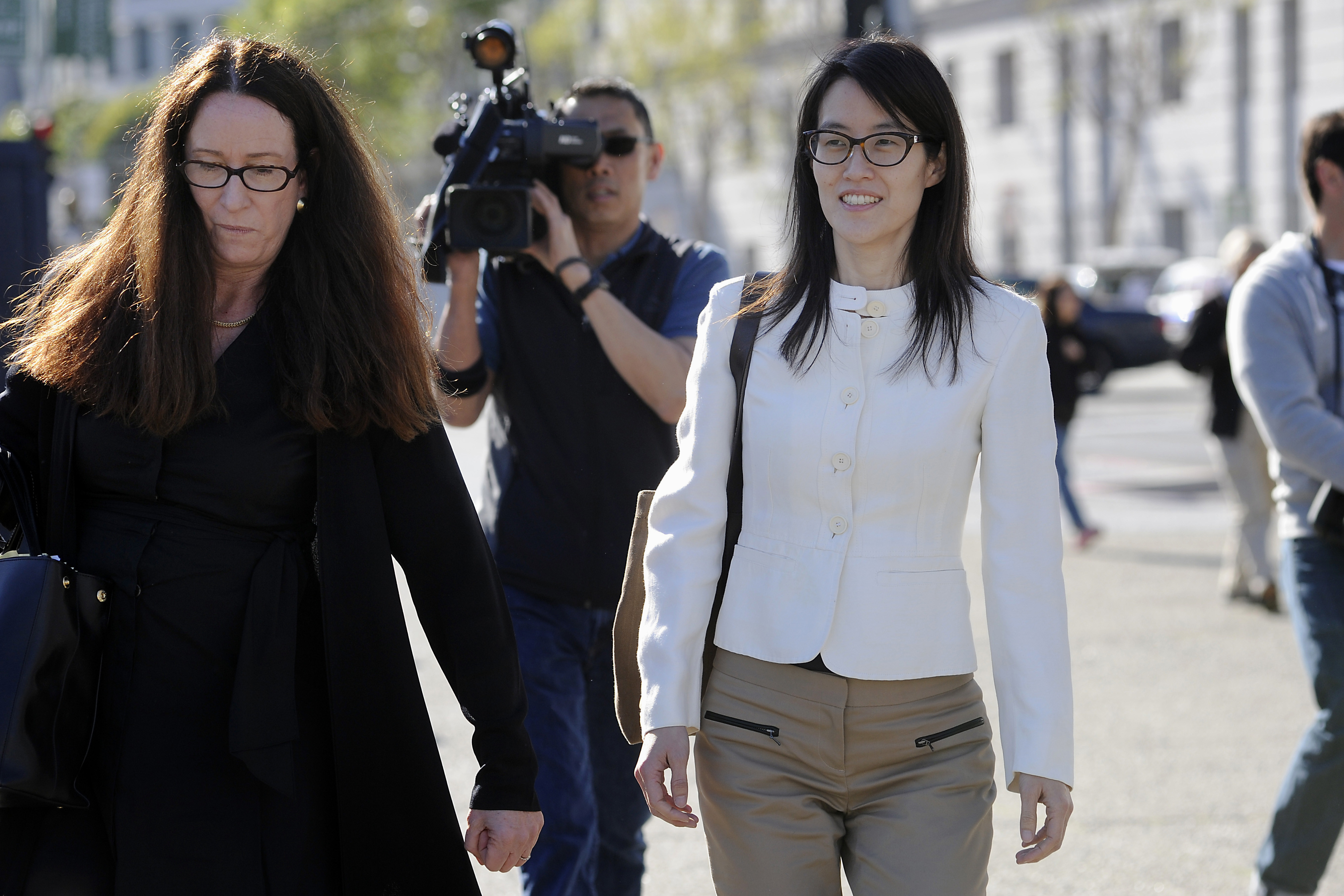
Where Meta is top-down, Reddit has taken a bottom-up approach. Over the years, it has handed greater authority to the 60,000 volunteer moderators who govern each community. It built tools to make it easier for them to find and remove posts, and allowed them to add their own rules beyond the company’s “Remember the human” rubric, which outlaws basics such as threats, abuse, spamming and impersonation.
That is not to say Reddit is completely hands-off. It has removed thousands of groups that, for some reason or other, became hotbeds for bad behaviour. But this approach of relying on 60,000 volunteers versus 30,000 hourly workers — centred on entire subreddits, rather than the “whack a mole” approach to individual user posts — seems to work.
The result is a lively site used by 270 million people a week. An indication of that evolution is the company’s burgeoning partnership with news publishers such as The Washington Post and Bloomberg, which are attracted to Reddit’s highly engaged communities of enthusiasts. But publishers must engage carefully. Self-promotion is not welcome, so they will, say, share paywalled content or host “ask me anything” events with expert journalists — approaches that are more in line with the site’s give-and-take mores.
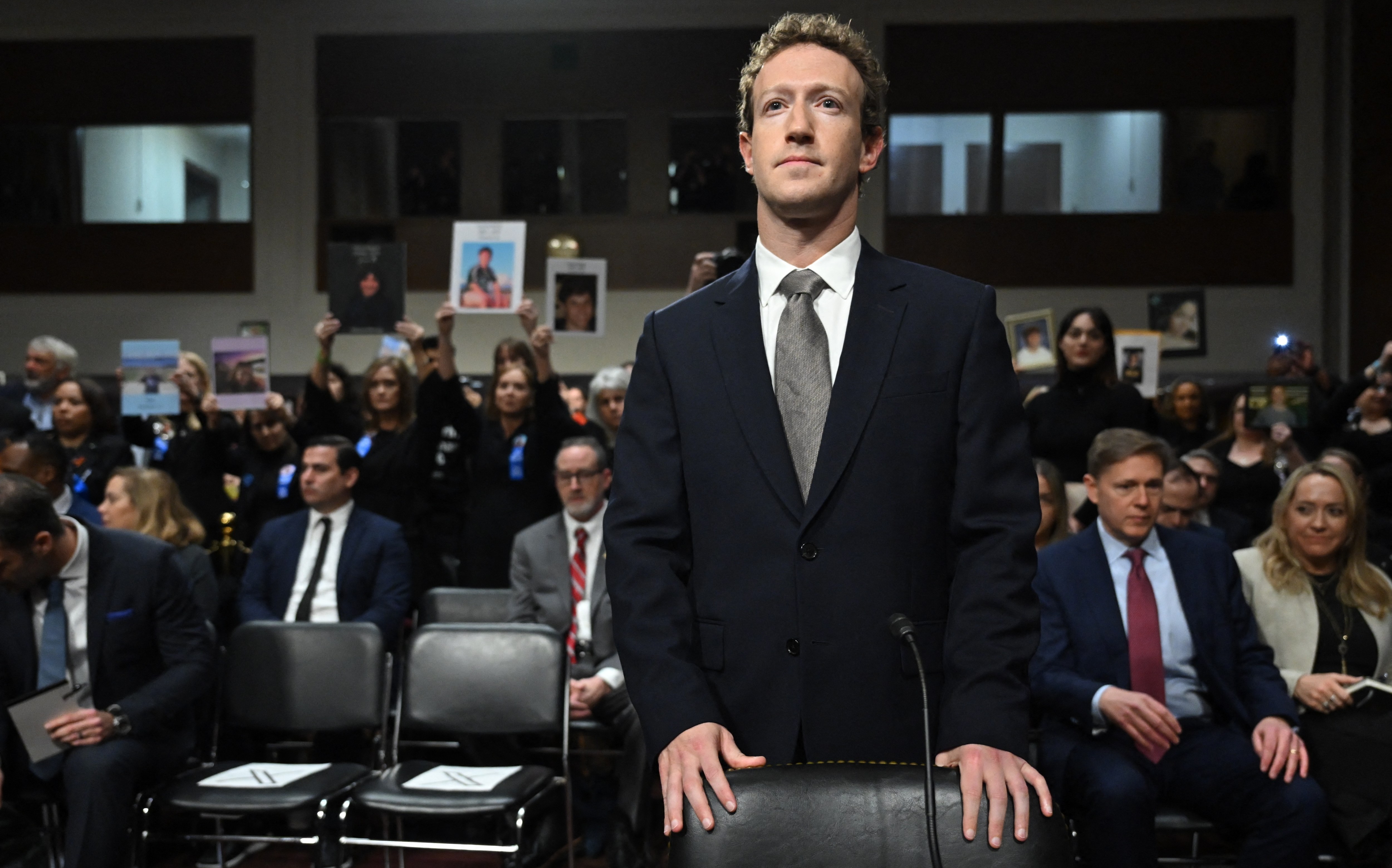
As part of the float, Huffman set aside 1.3 million shares to allow the most active moderators and users to buy them at the listing price. Finance chief Drew Vollero said “tens of thousands” took up the offer. But the company often bumps heads with its community. Last year, when Huffman reversed a long-held policy that allowed outside companies free access to Reddit’s data, moderators revolted, temporarily shutting down popular subreddits. The chief executive poured fuel on the fire when he referred to the moderators as “landed gentry”.
The storm passed and Huffman’s move now appears canny, because buried in the float prospectus was a fascinating nugget: Reddit expects to earn $66.4 million this year from an unnamed AI company that is paying for access to Reddit’s data — a trove of human conversation unique on the web.
Such data is vital to large language models (LLMs) such as ChatGPT, which use it as a way to train and improve their chatbot abilities. Huffman wrote: “We expect our data advantage and intellectual property to continue to be a key element in the training of future LLMs.”
And critically, such payments are in effect zero-cost income, which the company desperately needs. As Huffman said: 19 years in and Reddit is just getting started.
